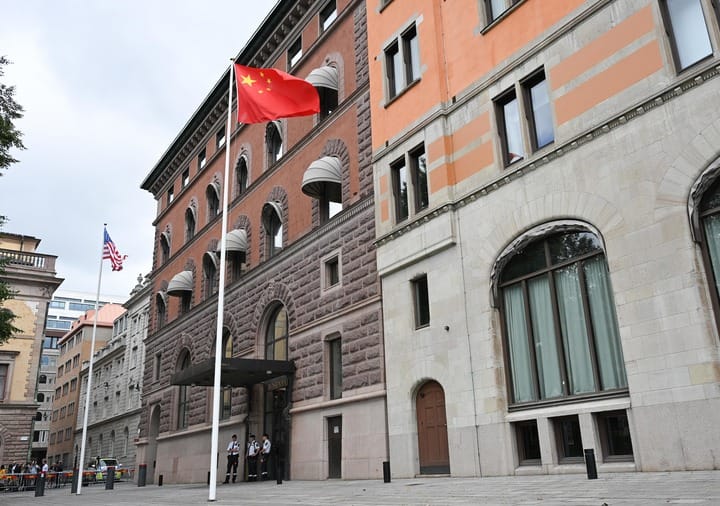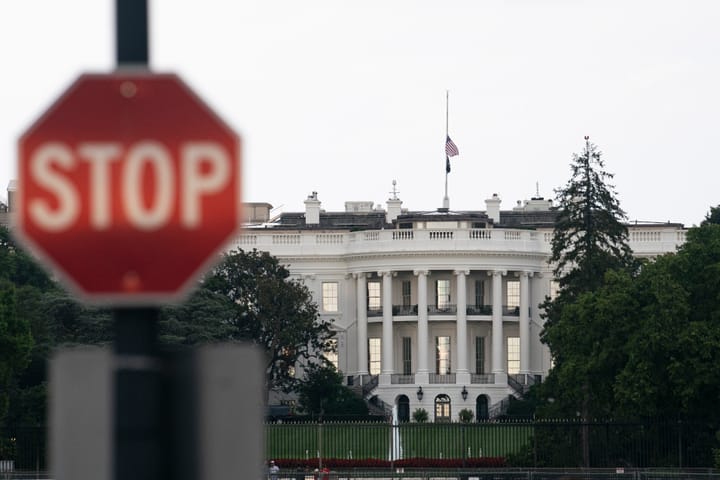Time for Strategic Rethinking: Why Stronger Ties with China Could Help Europe Weather the Storm

By Cui Hongjian
As China and the European Union mark 50 years of formal diplomatic ties, Europe finds itself in a period of turmoil not seen since the end of the Cold War. The rapidly shifting international environment—especially the betrayal and damage from traditional allies—is pushing Europe into an uncertain future.
With American politics now entering a “Trump 2.0” era, the transatlantic relationship forged after World War II is undergoing profound, long-term, and irreversible change. The so-called "transatlantic partnership" will not return to its former state.
Recognizing the growing trend toward a multipolar world, Europe must reassess its international surroundings, rethink its traditional alliances, and reposition its partnerships based on opposition to unilateralism and a renewed commitment to multilateralism.


